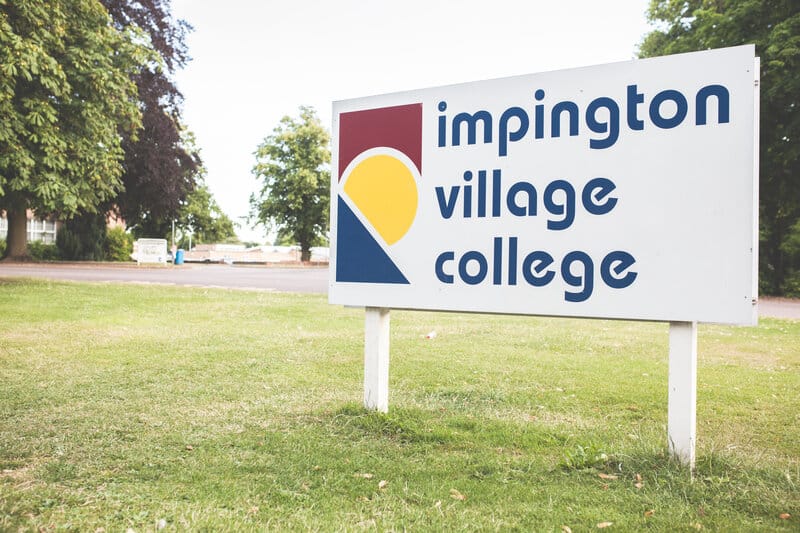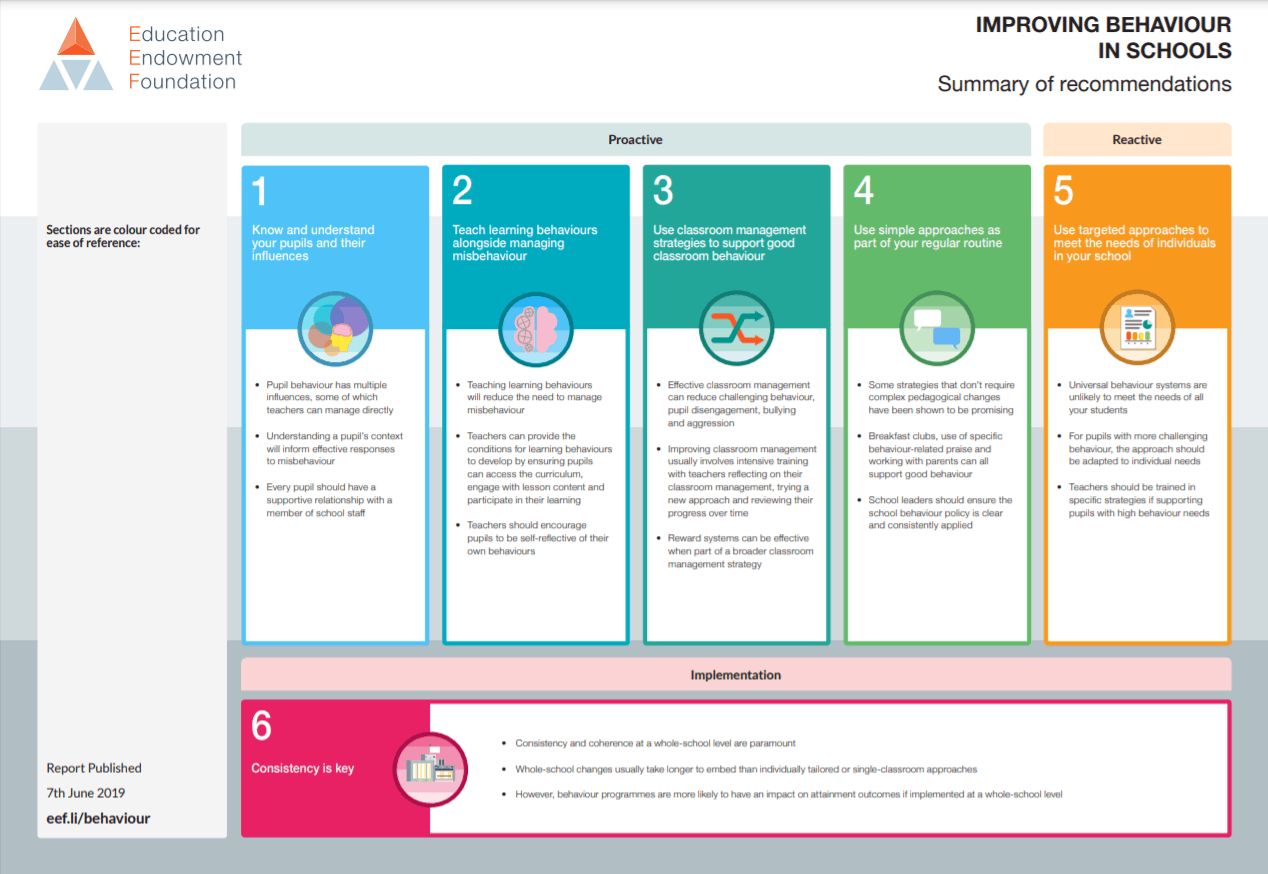
By Leah Cooper, Assistant Principal/SENCO
This post is designed to give you an insight into our new pastoral curriculum, including what it is and how we intend to use it to support student’s progress.
What is the pastoral curriculum and why change?
We know that the best place for young people to learn and make progress is in class with their teachers. However, we also know that there will inevitably be times when young people are not ready or able to access that environment, for a wide variety of reasons.
The pastoral curriculum will replace and expand upon our behaviour policy, and is a framework by which we will support teachers to focus on quality first teaching while also supporting students pastorally in whatever way we are able to, to help them remain in or get back to lessons productively. Central to this is strong consistent relationships between staff and students, an understanding that behaviour has both a root cause and a purpose and an effective pastoral team with access to a range of supportive measures carefully tracked over time.
Many of the underpinning ideas and changes have been born out of incremental improvements which have occurred in recent years (our pastoral and wellbeing support has continued to strengthen) and recognised opportunities to address issues more effectively (the small but significant number of students receiving repeat detentions). While this has been carefully planned for some time, we also truly believe that these changes will be all the more beneficial for our students in a ‘post-lockdown’ world, which is why we decided to begin trialling these changes from September 2020, rather than wait for more certain times.
What research was undertaken?
The pastoral curriculum has been developed from experience and review of our context, alongside wider research into areas such as intrinsic motivation, recidivism, social and emotional learning, and self-directed learning.
The pastoral curriculum addresses each of the six recommendations for improving behaviour in schools made by the Education Endowment Fund in their 2019 review. For example, we aim to achieve a balance between a high level of consistency and routines and targeted approaches that meet the needs of individuals, who are well known by staff.

Similarly, it is also supported by recommendations from the DfE in their 2018 mental health and behaviour schools advice, which again recommends clear expectations and high levels of consistency alongside an individualised graduated response.
How will this look day to day?
Our expectation is that students will demonstrate the 10 pastoral curriculum attributes (taken from the International Baccalaureate learner profile) and that these will enable them to achieve excellent outcomes, academically and personally. The attributes, and examples of how students might demonstrate them, are given below:
- Inquirers
Nurture their curiosity, developing skills for inquiry and research. They know how to learn independently and with others. They learn with enthusiasm and sustain their love of learning throughout life.
For example, a student who takes time at home to research an idea or problem and brings their learning back to the next lesson.
- Knowledgeable
Develop and use conceptual understanding, exploring knowledge across a range of disciplines. They engage with issues and ideas that have local and global significance.
For example, a student who recognises a link between learning across different disciplines and applies this to a problem.
- Thinkers
Use critical and creative thinking skills to analyse and take responsible action on complex problems. They exercise initiative in making reasoned, ethical decisions.
For example, a student who carefully researches and critically assess a complicated issue, drawing a well-reasoned conclusion or personal opinion
- Communicators
Express themselves confidently and creatively in more than one language and in many ways. They collaborate effectively, listening carefully to the perspectives of other individuals and groups.
For example, a student who encourages others in their group to take turns giving opinions.
- Principled
Act with integrity and honesty, with a strong sense of fairness and justice, and with respect for the dignity and rights of people everywhere. They take responsibility for their actions and their consequences.
For example, a student who stands up for another student they see being treated in an unkind way and reports this to an adult.
- Open-minded
Critically appreciate their own cultures and personal histories, as well as the values and traditions of others. They seek and evaluate a range of points of view, and we are willing to grow from the experience
For example, a student who tries a new iCAS activity that they were nervous about attempting.
- Caring
Show empathy, compassion and respect. They have a commitment to service, and act to make a positive difference in the lives of others and in the world around them.
For example, a student who volunteers to buddy with a new student and spends lunch time showing them around the College
- Risk-takers
Approach uncertainty with forethought and determination; they work independently and cooperatively to explore new ideas and innovative strategies. They are resourceful and resilient in the face of challenges and change.
For example, a student who puts their hand up to try answering a question when they don’t feel confident in doing so.
- Balanced
Understand the importance of balancing different aspects of our lives—intellectual, physical, and emotional—to achieve well-being for themselves and others. They recognize our interdependence with other people and with the world in which we live.
For example, a student who manages to stick to a planned revision timetable, which includes time for rest and leisure activities.
- Reflective
Thoughtfully consider the world and their own ideas and experience. They work to understand their strengths and weaknesses in order to support their learning and personal development.
For example, a student who completes a particularly insightful IMP task and applies the learning to the next piece of work.
Teachers will be supported, for example though ongoing CPD, to ensure that routines and expectations are consistent, and they are addressing students who do or do not demonstrate these attributes in a consistent way, while taking into account individual student needs or differences.
Where students demonstrate the attributes above, this will be recognised by their teacher, and logged on Edulink, however the specific praise and personal relationship with that teacher is the most important factor in students developing intrinsic motivation, hence the removal or any ‘reward’ system.
Where students fail to demonstrate these attributes, teachers will take steps to address issues in class, including explaining to the student which attribute that they are not demonstrating and possible consequences of their actions. Should the student’s behaviour continue and/or prevent the teacher from teaching or class from learning, the student will be referred to the Pastoral Support Room. They will be met by a member of the pastoral team, who, in consultation with other colleagues, will decide on an effective consequence for the student with the aim of reducing or preventing future referrals. Consequences are decided dependent on the context, but may include phone calls or meetings with parents/carers, detentions (lunch or after school) to complete any missed work, restorative conversations, referral to further professionals or services, or other support as agreed. Referrals will be tracked the pastoral team, the House team and SLT so that any persistent issues or patterns can be addressed.
What are the next steps?
Between September 2020 and January 2021, we will be undertaking repeat reviews of the systems and processes including making changes based on staff, student and parent feedback.
We know that strong relationships and pastoral support are a real strength of IVC, and one of the reasons it is such a special place to work and learn. However, we relish the opportunity to further review and improve the support we are able to provide and are excited to tie this in with the upcoming implementation of the IB Middle Years Programme (MYP).
